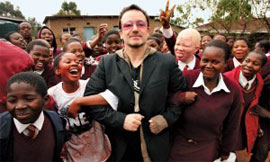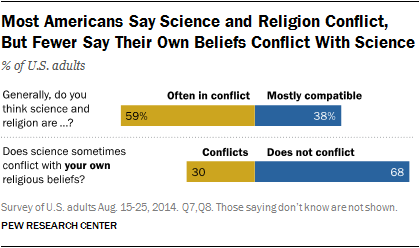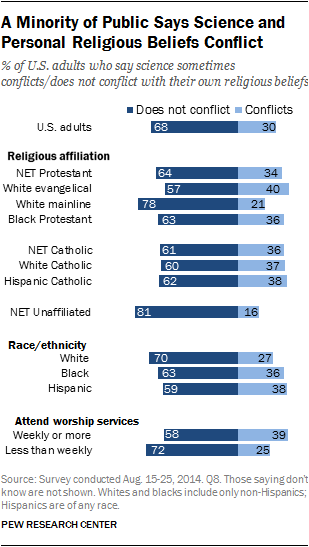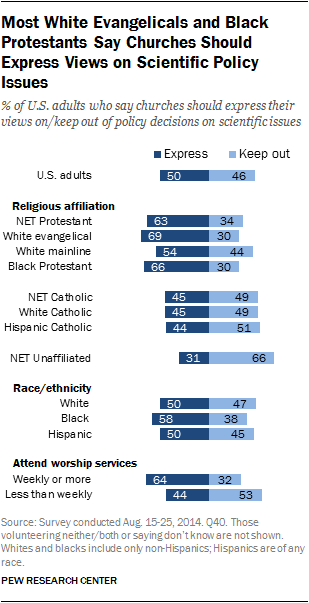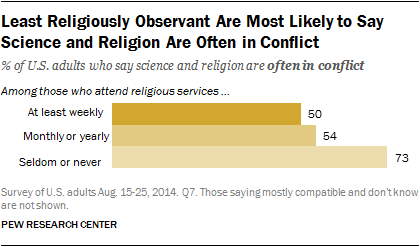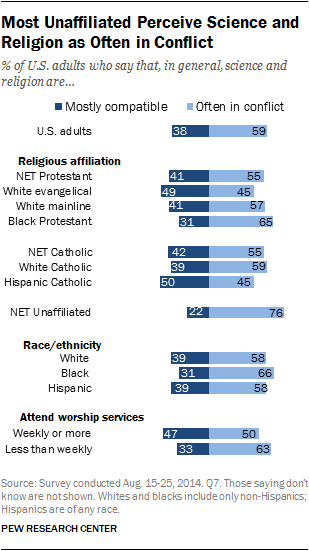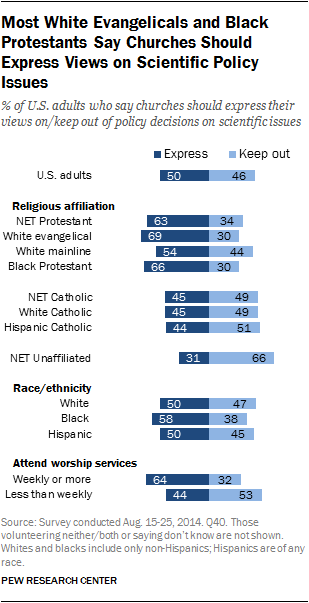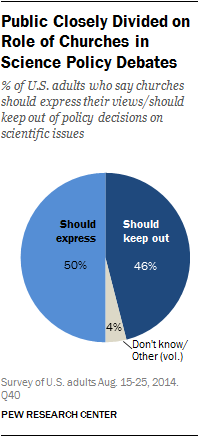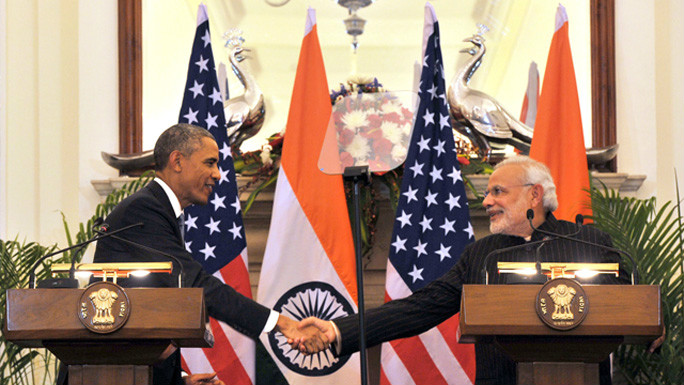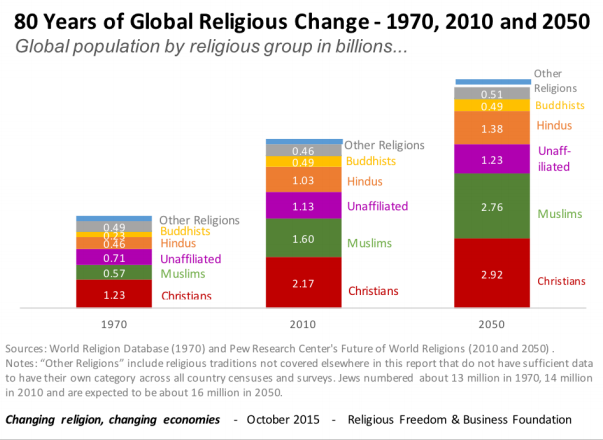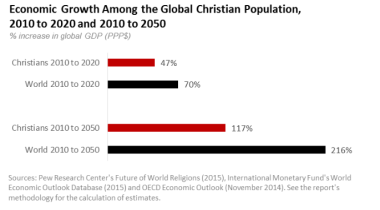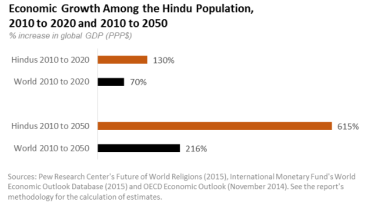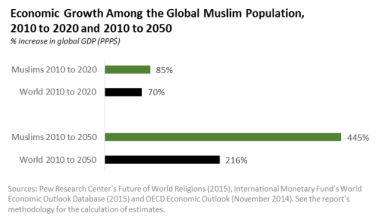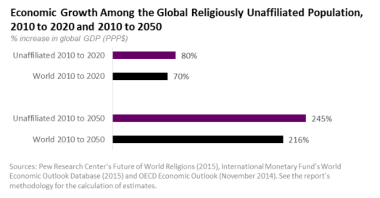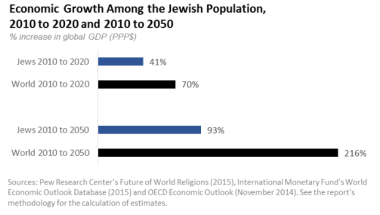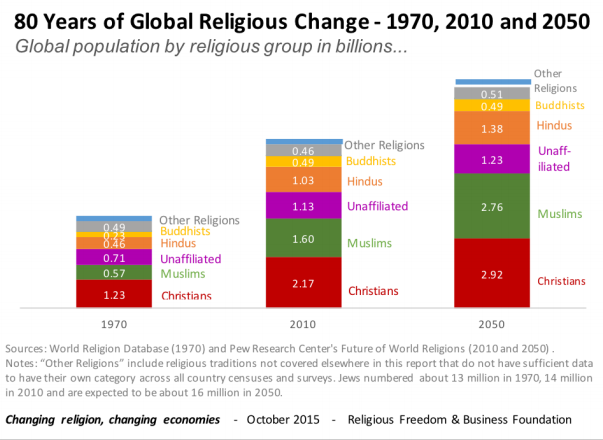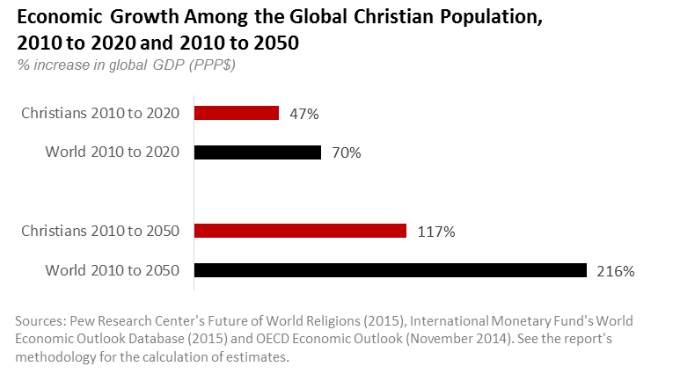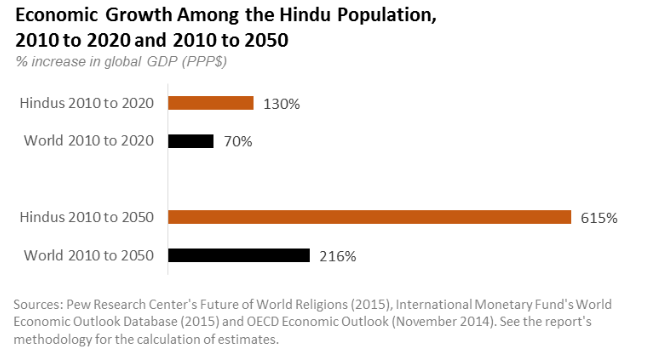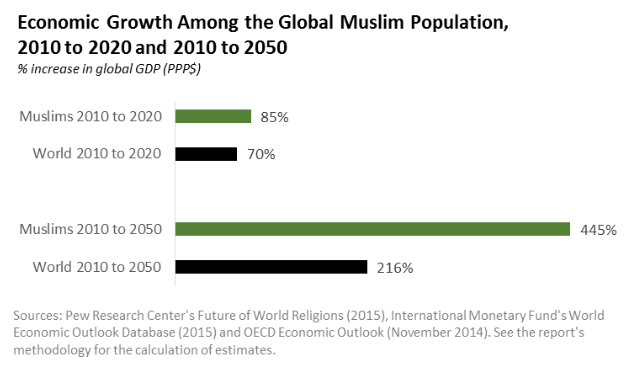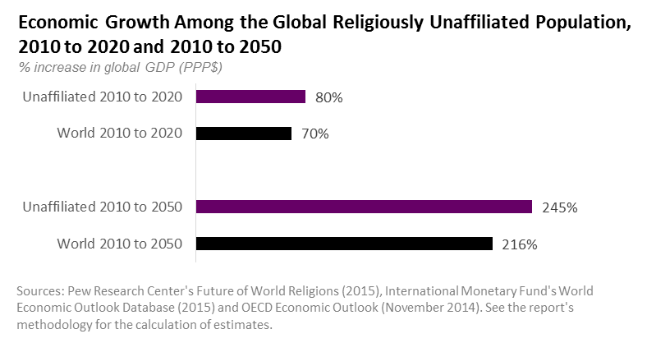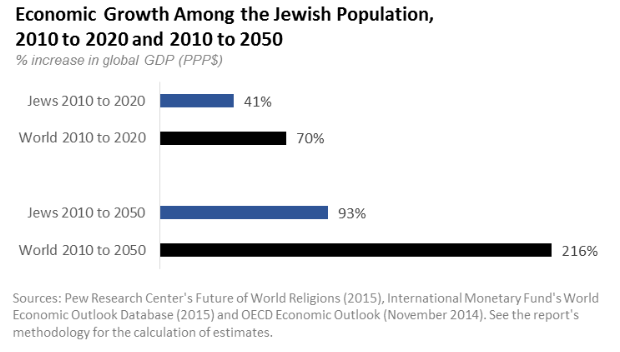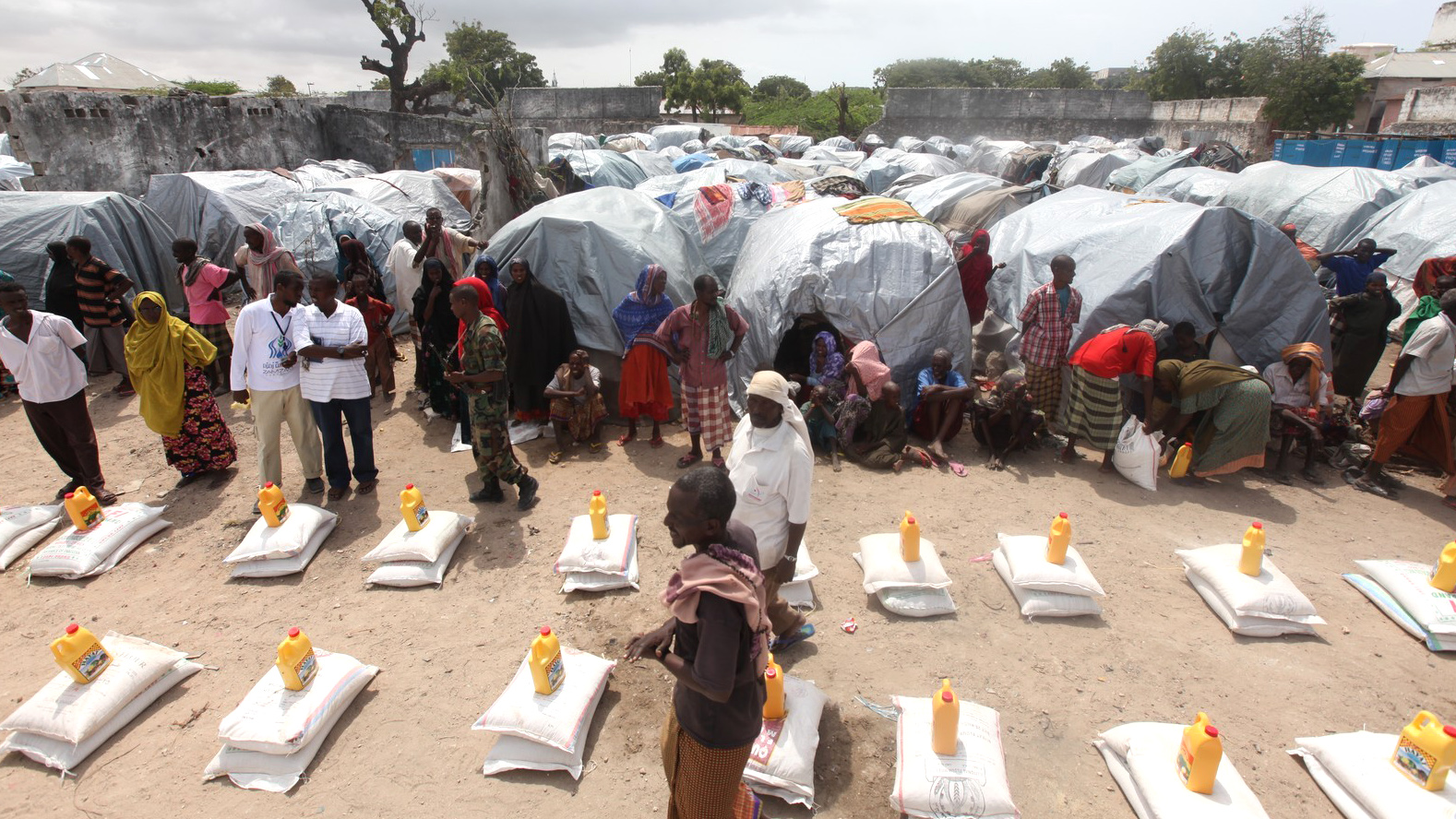Because I wrote a book with the title Prayer: Does It Make Any Difference? I receive letters and emails from readers who give wrenching accounts of unanswered prayers. A man quit his job at a printing plant when it began printing pornography and, despite his urgent prayers, never landed another job. A couple desperately wanted a child and found themselves infertile. Another woman got her wish for a child, only to have her daughter die of a rare disease before reaching the age of two.
I wrote two chapters on unanswered prayer, but frankly, all words seem impotent against the mystery of why such prayers go unanswered. When prayer seems more like struggle than relationship, when I find myself repeating the same requests over and over and wonder, "Is anyone really listening?" I take some comfort in remembering that Jesus, too, had unanswered prayers. Four come to mind.
1.
As Luke records, Jesus spent an entire night in prayer before choosing the inner core of twelve disciples. Yet if you read the Gospels, you marvel that this dodgy dozen could represent an answer to prayer. They included, Luke pointedly notes, "Judas Iscariot, who became a traitor," not to mention the pettily ambitious Sons of Thunder and the hothead Simon, whom Jesus would later rebuke as "Satan."

"O unbelieving generation," Jesus once sighed about these twelve, "how long shall I stay with you? How long shall I put up with you?" I wonder if, in that moment of exasperation, Jesus questioned the Father's response to his night of prayer.
The particular makeup of the twelve may not truly qualify as an unanswered prayer, for we have no reason to believe that any other choices might have served Jesus better. Even so, I find it comforting that while on earth Jesus faced the same limitations as does anyone in leadership. The Son of God himself could only draw from the talent pool available.
2.
A clearer instance of unanswered prayer occurred in the Garden of Gethsemane when, as Luther put it, "God struggled with God." While Jesus lay prostrate on the ground, sweat falling from him like drops of blood, his prayers took on an uncharacteristic tone of pleading. He "offered up prayers and petitions with loud cries and tears to the one who could save him from death," the Book of Hebrews says—but of course Jesus was not saved from death. As that awareness grew, Jesus felt distress. His community of support had all fallen asleep. "Could you not keep watch for one hour?" he chided.
We have few details about the content of Jesus' prayers, since any potential witnesses were dozing. Perhaps he reviewed his entire ministry on earth. The weight of all that went undone may have borne down upon him: his disciples were unstable, irresponsible; the movement seemed in peril; God's chosen people had rejected him; the world still harbored evil and much suffering.
In Gethsemane Jesus seemed at the very edge of human endurance. He no more relished the idea of pain and death than you or I do. "Everything is possible for you," Jesus pleaded to the Father; "Take this cup from me."
3.
The third unanswered prayer appears in an intimate scene recorded by John, the disciples' last supper with their master. Jesus expanded the scope of his prayer far beyond the walls of the Upper Room, to encompass even those of us who live today:
My prayer is not for them (the disciples) alone. I pray also for those who will believe in me through their message, that all of them may be one, Father, just as you are in me and I am in you. May they also be in us so that the world may believe that you have sent me. I have given them the glory that you gave me, that they may be one as we are one: I in them and you in me. May they be brought to complete unity to let the world know that you sent me.
Disunity virtually defines the history of the church. Pick at random any year of history—pick now, with 45,000 Christian denominations—and you will see how far short we fall of Jesus' final request. The church, and the watching world, still await an answer.
4.
The fourth unanswered prayer appears in what has become known as the Lord's Prayer, which Jesus taught as a model. It includes the sweeping request that "your kingdom come, your will be done, on earth as it is in heaven." Surely that prayer remains unanswered today.

On television I watch the long lines of migrants fleeing war—some 42,000 displaced every day—and think of their prayers for peace and the simple yearning to return to their homes someday. I am haunted by the image of twenty-one Egyptian Christians kneeling in orange jumpsuits by the Libyan surf, their heads bowed in prayer as, one by one, each is beheaded by ISIS. God's will is not being done on earth as it is in heaven—not yet, at least.

I sense a partial clue into the mystery of unanswered prayer in what I call boomerang prayers. Often when we pray, we want God to intervene in spectacular fashion: to heal miraculously, to change evil hearts, to quash injustice. More commonly, God works through us. Like a boomerang, the prayers we toss at God come swishing back toward us, testing our response.
I think back to Jesus' unanswered prayers. The disciples? Eventually, except for Judas, the twelve submitted to a slow but steady transformation, providing a kind of long-term answer to Jesus' petition. John, a Son of Thunder, softened into "the apostle of Love." Peter, who earned Jesus' rebuke by recoiling from the idea of Messiah suffering, later urged his followers to "follow in his steps" by suffering as Christ did.
In Gethsemane, Jesus did not receive what he requested, removal of the cup of suffering. His plea for intervention looped back like a boomerang. Hebrews affirms that, though Jesus was not saved from death, nevertheless "he was heard because of his reverent submission. Although he was a son, he learned obedience from what he suffered." It was God's will that Jesus had come to do, after all, and his plea resolved into these words: "Yet not what I will, but what you will." Not many hours later he would cry out, in profound summation, "It is finished."
How many times have I prayed for one thing only to receive another? I long for the sense of detachment, of trust, that I see in Gethsemane. God and God alone is qualified to answer my prayers, even if it means transmuting them from my own self-protective will into God's perfect will. When Jesus prayed to the one who could save him from death, he did not get that salvation; he got instead the salvation of the world.
The final two prayers, for unity and for seeing God's will done on earth as it is in heaven, put Jesus' followers in the spotlight. "It is for your good that I am going away," Jesus assured the disciples. "As the Father has sent me, I am sending you." He turned over the mission to us, as ill-equipped and undependable as that original band of twelve.

In Vanishing Grace I wrote about hearing the musician Bono of the band U2 describe his short-term mission to an orphanage in Ethiopia. For a month he and his wife Ali held babies, helped nurse them back to health, and then donated money to equip the orphanage. Bono said that after his return to Ireland his prayers changed, taking on an angry, defiant tone. "God, don't you care about those children in Africa? They did nothing wrong and yet because of AIDS there may soon be fifteen million parentless babies on that continent. Don't you care?!"
Gradually Bono heard in reply that, yes, God cares. Where did he think his idea of a mission trip to Africa came from? The questions he had hurled at God came sailing back to him, boomerang-like, as a prod to action. Get moving. Do something. The role of leading a global campaign against AIDS held little appeal for Bono at first—"I'm a rock star, not a social worker!"—but eventually he could not ignore what felt unmistakably like a calling.

Over the next years politicians as varied as President Bill Clinton and Senator Strom Thurmond, and then Tony Blair and Kofi Annan and George W. Bush, found a musician dressed all in black and wearing his signature sunglasses camped outside their offices waiting to see them. In a time of economic cutbacks, somehow Bono managed to persuade those leaders to ante up fifteen billion dollars to combat AIDS.
With government support assured, Bono went on a bus tour of the United States, speaking to large churches and Christian colleges because he believed that Christians were key to addressing the global problem of AIDS. He invited others to participate in what God wanted accomplished in the world, and many did.
My understanding of prayer has changed. I now see it less as trying to convince God to do what I want done and more as a way of discerning what God wants done in the world, and how I can be a part of it. Mystery endures, but a different kind of mystery: What tiny role can I play in answering Jesus' prayer for unity, and in doing God's will on earth as it is in heaven? The boomerang circles back.
Philip Yancey is the author of many books, including Soul Survivor: How Thirteen Unlikely Mentors Helped My Faith Survive the Church. This essay was posted on his blog site on October 18, 2015.





